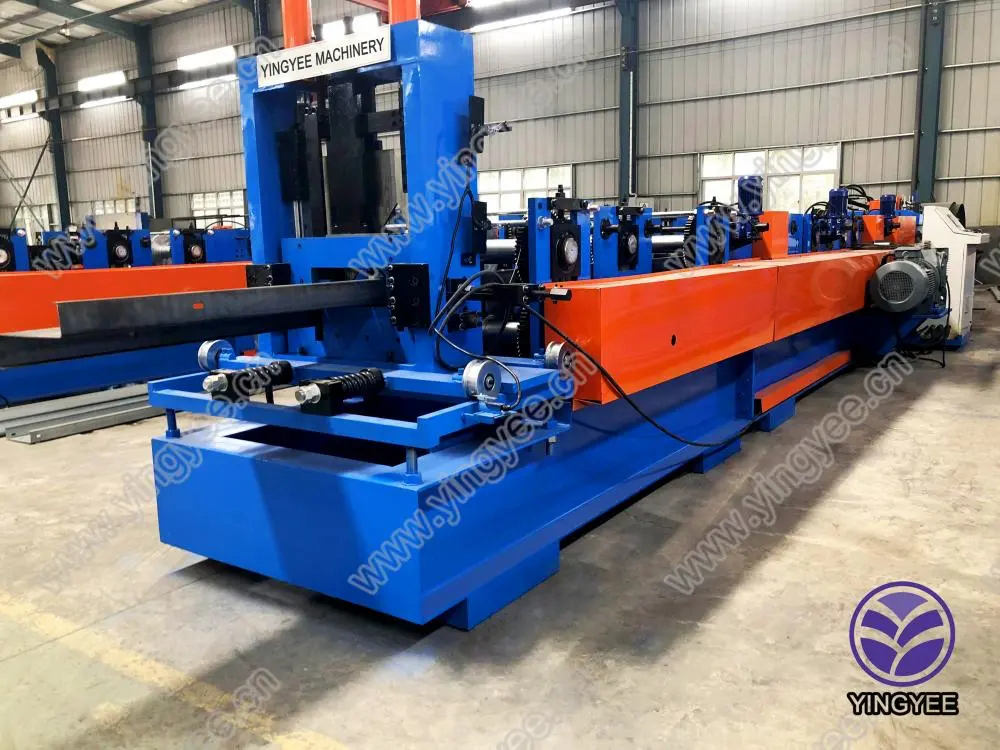
Understanding the Pricing of Hydraulic Thread Rolling Machines
Hydraulic thread rolling machines have become an essential piece of equipment in various industries, including manufacturing, automotive, and aerospace. These machines are used for producing threads on metal rods and tubes through a process called thread rolling, which is highly efficient and offers superior strength compared to traditional cutting methods. One of the primary considerations when acquiring such machinery is, of course, the price. In this article, we will explore the factors that influence the pricing of hydraulic thread rolling machines.
Factors Influencing Price
1. Machine Specifications The complexity and capabilities of a hydraulic thread rolling machine will significantly impact its price. Machines with advanced features such as higher rolling speed, larger diameter capacity, and multi-functional capabilities tend to be more expensive. Buyers often need to consider their specific requirements, as investing in a machine with unnecessary features can lead to higher costs.
2. Brand and Manufacturer Reputation Established brands known for their quality and reliability typically charge more than lesser-known manufacturers. Investing in a reputable brand ensures durability and good after-sales service. However, newcomers to the market may provide competitive pricing to attract customers, typically sacrificing some quality or service standards.
3. Production Volume Companies that require high production volumes may benefit from heavy-duty machines that are built for continuous operation. These machines are generally priced higher but can lower the cost per unit in the long run due to improved efficiency and reduced labor costs. Conversely, companies with lower production needs might opt for less expensive, lighter models.

4. Customization Options Many manufacturers offer customization services to meet specific industry needs. Customized machines built for specific applications often come at a premium due to the additional engineering and design work involved. Companies should evaluate their needs carefully before opting for customization to avoid overspending.
5. Market Conditions The overall economic climate can also affect machinery prices. Factors such as material costs, labor costs, and global supply chain issues can lead to fluctuations in prices. Keeping an eye on market trends can help businesses time their purchases to get the best deals.
6. New vs. Used Machines Purchasing a used hydraulic thread rolling machine can significantly cut down costs. However, it is essential to assess the machine's condition, maintenance history, and any potential need for repairs or upgrades. Used machines may pose risks, but they can be a cost-effective option for start-ups or smaller operations.
Conclusion
When looking to purchase a hydraulic thread rolling machine, it is vital to weigh the various factors that influence pricing. From machine specifications to brand reputation and market conditions, understanding these elements can help businesses make informed decisions. Careful consideration of production needs and potential long-term benefits versus initial costs will ensure a worthwhile investment, ultimately enhancing productivity and contributing to the overall success of manufacturing operations.